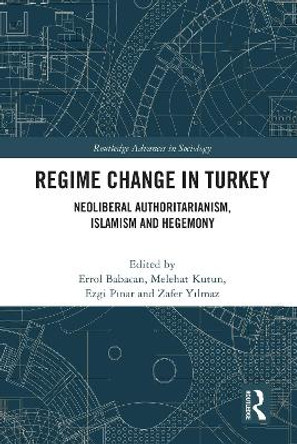Description
About the Author
Payam Ghalehdar is a Research Fellow in the Department of Political Science at the University of Goettingen and a Fellow in the Centre for International Security at the Hertie School. He was previously a Postdoctoral Research Fellow with the International Security Program at the Harvard Kennedy School's Belfer Center for Science and International Affairs. His research interests span US foreign policy, grand strategy, military intervention, and the role of emotions in foreign policy decision-making.
Reviews
In sum, The origins of overthrow not only brilliantly synthesizes research in psychology and international politics to develop the emotional frustration syndrome; it also succeeds in demonstrating the syndrome's impact on US foreign policy ... this is why the book should be required reading for students, scholars and policy -- makers in International Relations alike. * Robin Markwica, International Affairs *
The Origins of Overthrow not only brilliantly synthesizes research in psychology and international politics to develop the emotional frustration syndrome; it also succeeds in demonstrating the syndrome's impact on US foreign policy. This is a combination of theoretical innovation and empirical research in its best form. Ghalehdar's pathbreaking approach advances our understanding of the affective dimension of preference formation and decision-making. In so doing, it offers important insights into the role of frustration as a crucial and hitherto ignored cause of interstate violence. This is why the book should be required reading for students, scholars and policy-makers in International Relations alike. * International Affairs *
In The Origins of Overthrow, Payam Ghalehdar offers an original and convincing interpretation of why US leaders have been so prone to overthrow other governments. Ghalehdar weaves his concept of emotional frustration into a fascinating account that needs to be read by scholars of both international relations theory and history. * Frank Costigliola, Board of Trustees Distinguished Professor of History, University of Connecticut *
Why has the United States used force so often to change other countries' domestic regimes, when the result is seldom worth the cost? Drawing on recent psychological theorizing, Payam Ghalehdar argues that US presidents send in the military when they are emotionally frustrated at a foreign government that is thwarting their hegemonic expectations. Ghalehdar's case, which he makes in clear prose and with copious historical evidence, deserves a wide hearing. * John Owen, Taylor Professor of Politics, University of Virginia *
Drawing on meticulously researched case studies, Payam Ghalehdar compellingly shows how emotions play a key role in foreign policy decision making. He demonstrates that US strategies to impose regime change in foreign countries are as much the result of 'emotional frustration' than they are a matter of geopolitical calculations or ideological differences. * Roland Bleiker, Professor of International Relations, University of Queensland *
Brilliant, provocative, and compelling, this stunning new explanation for why US presidents so often resort to regime change has deeply uncomfortable implications for how we understand foreign policymaking. I can think of few other books I would as urgently put in the hands of US policymakers. * Barbara Keys, Director of Research and Professor of History, Durham University *
Book Information
ISBN 9780190695859
Author Payam Ghalehdar
Format Hardback
Page Count 256
Imprint Oxford University Press Inc
Publisher Oxford University Press Inc
Weight(grams) 499g
Dimensions(mm) 165mm * 244mm * 28mm







